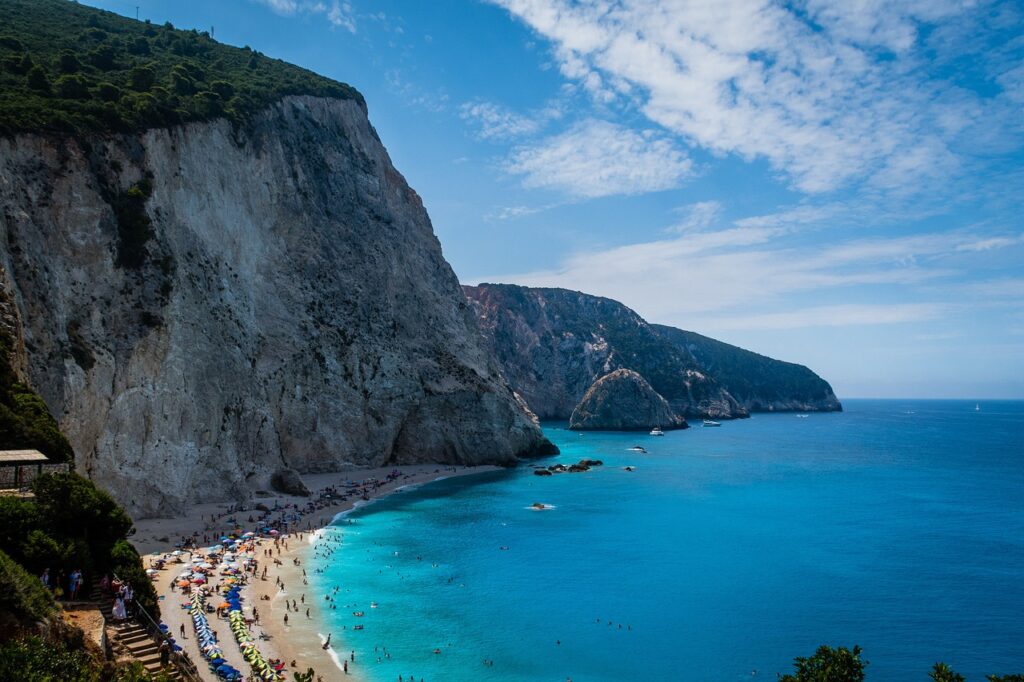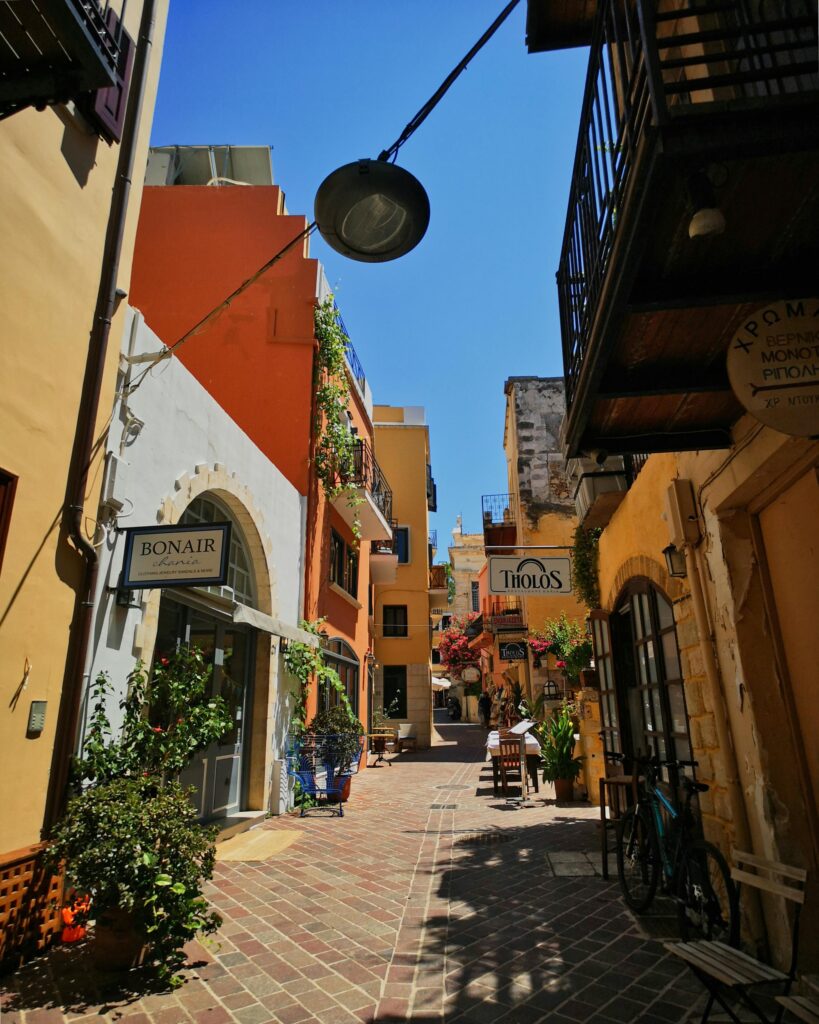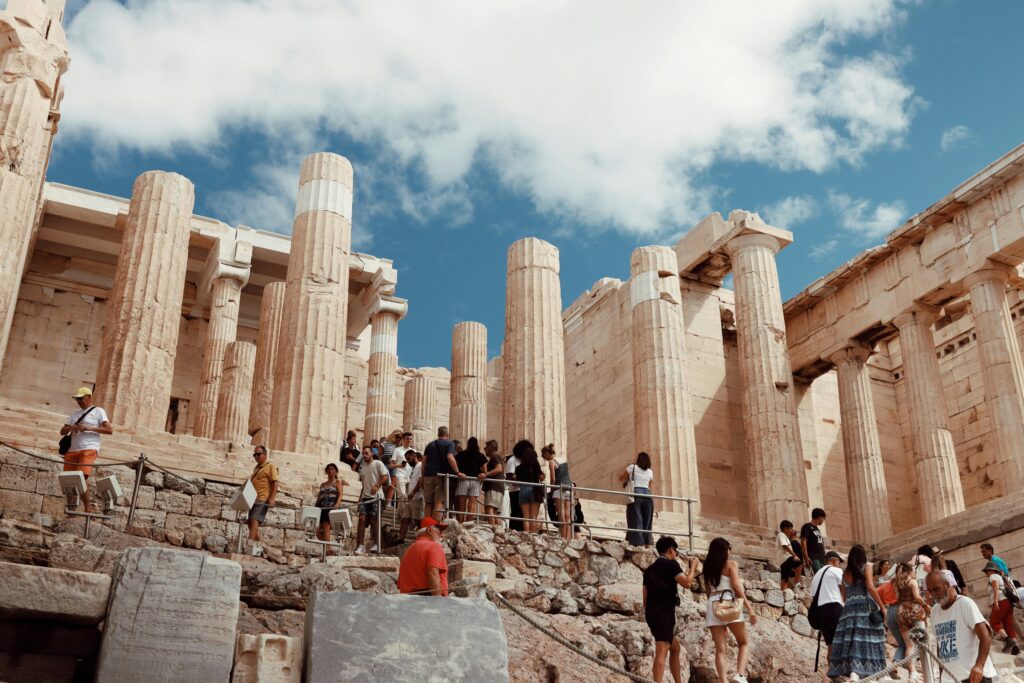Greece’s tourism sector is experiencing an unprecedented surge in 2025, with projections indicating a record-breaking influx of visitors. However, this boom brings with it significant challenges, including acute labor shortages and pressing sustainability concerns.

Record-Breaking Tourism Figures
In 2024, Greece welcomed approximately 36 million tourists, generating €22 billion in revenue—a 10% increase from the previous year. The upward trend continues into 2025, with expectations of reaching 41.6 million arrivals. This growth underscores tourism’s vital role in the Greek economy, contributing around 13% to the nation’s GDP.
Labor Shortages Threaten the Industry
Despite the positive economic indicators, the tourism industry faces a significant labor crisis. Approximately 80,000 positions in the food and hospitality sectors remain unfilled as the peak season approaches. Factors contributing to this shortage include:
- Shift in Employment Preferences: Many Greeks now prefer standard office jobs over the demanding hours of hospitality work.
- Demographic Challenges: An aging population and declining birth rates reduce the available workforce.
- Pandemic Aftereffects: The COVID-19 pandemic led to a migration of workers to other industries, and many have not returned.
To address these shortages, the government has initiated several measures:
- Legalization of Migrant Workers: Approximately 30,000 unregistered migrants have been granted legal status to work in the tourism sector.
- International Labor Agreements: Bilateral agreements with countries like Egypt, Vietnam, and India aim to facilitate the recruitment of foreign workers.
- Diaspora Engagement: Efforts are underway to encourage Greeks living abroad to return and work in the tourism industry.
- Integration of Asylum Seekers: Training programs are being implemented to integrate asylum seekers into the workforce.

Sustainability Concerns Amid Overtourism
The rapid growth in tourism has led to sustainability challenges, particularly in popular destinations like Santorini and Mykonos. Issues include:
- Overcrowding: The influx of tourists strains local infrastructure and resources.
- Environmental Impact: Increased waste, water shortages, and damage to natural habitats are growing concerns.
- Cultural Erosion: The commercialization of local traditions and lifestyles threatens cultural heritage.
In response, the government has implemented several measures:
- Tourist Caps: Daily visitor limits have been set for sites like the Acropolis to manage crowds.
- Increased Levies: Higher taxes on short-term rentals and cruise ship arrivals aim to control tourist numbers and generate funds for infrastructure improvements.
- Promotion of Alternative Destinations: Efforts are being made to attract tourists to lesser-known areas, reducing pressure on overvisited sites.
- Infrastructure Investments: Funds are being allocated to enhance public transport, waste management, and water conservation systems.
Frequently Asked Questions
Q: What is driving the current tourism boom in Greece?
A: Factors include pent-up travel demand post-pandemic, effective marketing strategies, and Greece’s diverse attractions ranging from historical sites to natural beauty.
Q: How is the labor shortage affecting the tourism industry?
A: The shortage leads to operational challenges for businesses, potentially impacting service quality and customer satisfaction.
Q: What steps is the government taking to address sustainability concerns?
A: Measures include implementing tourist caps, increasing levies on certain tourist activities, promoting alternative destinations, and investing in infrastructure improvements.
Q: How are local communities responding to overtourism?
A: While tourism boosts the economy, some communities express concerns over environmental degradation, cultural erosion, and strain on local resources.
Q: What are the long-term plans for Greece’s tourism sector?
A: The government aims to balance economic growth with sustainability by diversifying tourist offerings, extending the tourist season, and enhancing infrastructure to support increased visitor numbers responsibly.

Greece’s tourism sector stands at a crossroads, balancing the benefits of economic growth with the imperative of sustainable development. Addressing labor shortages and implementing measures to mitigate overtourism are crucial steps in ensuring the industry’s long-term viability and the preservation of Greece’s cultural and natural heritage.
Sources The Guardian


